

Tao Te Ching
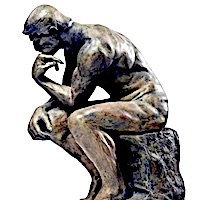
Auguste Rodin, 1880
Reason
Do animals think? If so, this capacity could only represent a tiny fraction compared to this ability in humans. And yet, how many of us really think about the important issues in our lives, our cultures, our civilizations? How many instead revert to animal-realm reactions and instincts; religious, political, and cultural dogmas; unquestioned clichés, platitudes, and truisms? But although most don’t think for themselves, they are nonetheless and more-so influenced by the ideas that unquestioned float into their brains. These two directions represent a fork in the road of evolutionary consciousness. Words of wisdom progress from insight to archetype, to enlightened or problematic consciousness genes. The fork occurs at the point when we choose to only believe the words; or, summon the courage and fortitude to start understanding the sense and deciding which direction best to follow. When confronted with something new or something we need to learn, words of wisdom are powerful and vivid, influential. When they become truisms, they sink down into collective consciousness and become obvious, part of our psychological language. That so many phrases from thousands of years ago are still in the former category attest to Fromm’s observation about humanity evolving so much technologically but so little psychologically.
Quotes (110)

“Continuity beyond the realm of things, unthinkable thought beyond imagination.”

“We are what we think. All that we are arises with out thoughts. With our thoughts we make the world.”
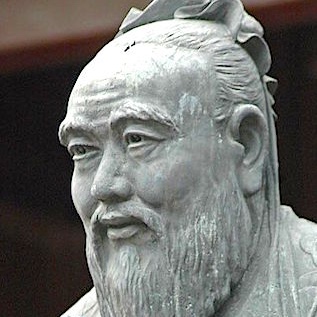
“He who learns but does not think is lost. He who thinks but does not learn is in great danger.”
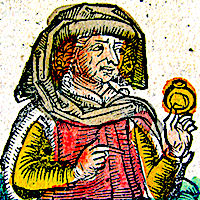
“I am dragged along by a strange new force. Desire and reason are pulling in different directions. I see the right way and approve it, but follow the wrong.”

“Only those who live in obedience to reason are worthy to be called free; they alone live as they will, who have learned what they ought to will.”

“Your own purpose should seek harmony with nature itself for this is the true road to freedom... Understand that nature as a whole is ordered according to reason, but that not everything in nature is reasonable.”

“The virtuous life depends—first and foremost—on reason. If you safeguard your reason, it will safeguard you.”
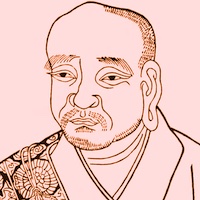
“Thoughts of themselves have no substance; let them arise and pass away unheeded. Thoughts will not take form of themselves, unless they are grasped by the attention; if they are ignored, there will be no appearing and no disappearing.”

“Freedom of thought means having no thought in the midst of thought.”
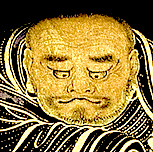
“The ignorant avoid experience but not thought; the wise avoid thought but not experience.”
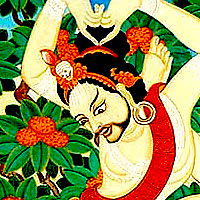
“Gather every thought and concept into the clarifying universe of body, speech, and mind that empties into the all-embracing mind.”
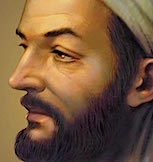
“Man's relationship to the world of Spirit is established by reasoning; speech follows after it. If a man possesses no knowledge of reasoning, he is incapable of expressing truth.”
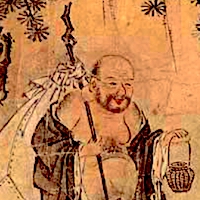
“When one thought arises, another thought follows. When the first thought springs from enlightenment, all subsequent thoughts are true.”
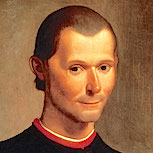
“Those present at any deliberative assemblies of men will have observed how erroneous their opinions often are... contrary to all reason... preference given to what common error approves, what is suggested by men more desirous of pleasing the masses than of promoting the general good.”
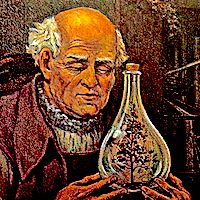
“Thought gives birth to a creative force and creates a new heaven, a new firmament, a new source of energy from which new arts flow… such is the immensity of man that he is greater than heaven and earth.”

“Philosophers should diligently inquire for this is the way that reigns in men's morals, forms and subdues their minds.”
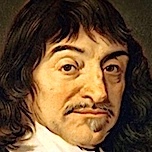
“The end of study should be to direct the mind towards the enunciation of sound and correct judgments on all matters that come before it.”

“some make much of what matters little and little of much… Many never lose their common sense, because they have none to lose… The wise person thinks over everything, but with a difference, most profoundly where there is some profound difficulty.”
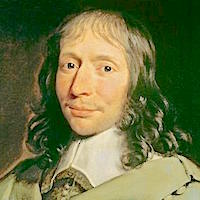
“What could be less reasonable than to choose as ruler of a state the oldest son of a queen? We do not choose as captain of a ship the most highly born of those aboard. Such a law would be ridiculous and unjust, but because men are, and always will be, as they are, it becomes reasonable and just... Reason cannot do any better, because civil war is the greatest of evils.”

“Those who are governed by reason desire nothing for themselves which they do not also desire for the rest of mankind.”

“Taking hold of the not-thought that lies in thoughts, in their every act they hear the voice of Truth… As the Truth reveals itself in its eternal tranquility, this very earth is the Lotus-Land of Purity, and this body is the body of the Buddha.”
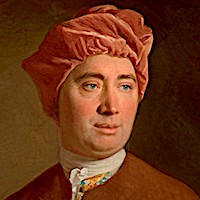
“The role of reason is not to make us wise but to reveal our ignorance.”

“Reason is, and ought only to be, the slave of the passions, and can never pretend to any other office than to serve and obey them.”
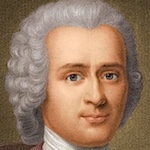
“let him discover it. If ever you substitute authority for reason he will cease to reason; he will be a mere plaything of other people's thoughts.”
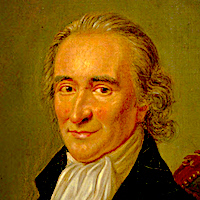
“Reason and Ignorance, the opposites of each other, influence the great bulk of mankind. If either of these can be rendered sufficiently extensive in a country, the machinery of Government goes easily on. Reason obeys itself; and Ignorance submits to whatever is dictated to it.”
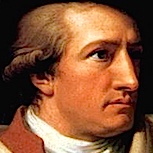
“Let us not dream that reason can ever be popular. Passions and emotions may be made popular, but reason remains ever the property of the few.”

“But man alone can do the impossible;
He distinguishes, chooses, and judges;
He can to the fleeting moment
Give duration”
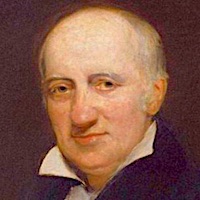
“One of the prerogatives by which man is eminently distinguished from all other living beings inhabiting this globe of earth, consists in the gift of reason.”

“The absurd duty—too often inculcated—of obeying a parent only on account of his being a parent, shackles the mind and prepares it for a slavish submission to any power but reason.”

“The ripening of reason regulates the imagination. This is the work of years, and the most important of all employments.”

“Thus, the task is not so much to see what no one yet has seen, but to think what nobody yet has thought about that which everybody sees.”

“The actual life of a thought lasts only until it reaches the point of speech... As soon as our thinking has found words it ceases to be sincere.”

“Religion is the masterpiece of the art of animal training, for it trains people as to how they shall think.”
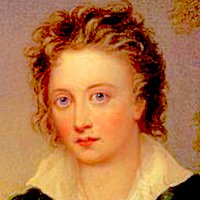
“The ripening of reason regulates the imagination. This is the work of years, and the most important of all employments.”
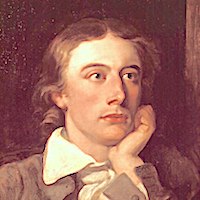
“The only means of strengthening one’s intelligence is to make up one’s mind about nothing—to let the mind be a thoroughfare for all thoughts.”
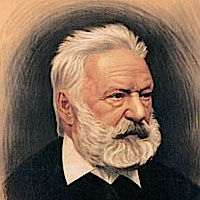
“God manifests himself to us in the first degree through the life of the universe, and in the second degree through the thought of man. The second manifestation is not less holy than the first. The first is named Nature, the second is named Art.”

“Reason is intelligence taking exercise; imagination is intelligence with an erection.”
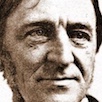
“Great men are they who see that spiritual is stronger than any material force, that thoughts rule the world.”
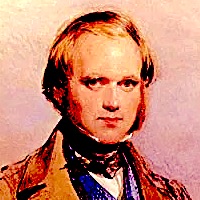
“The very essence of instinct is that it’s followed independently of reason.”
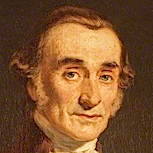
“An arrow may fly through the air and leave no trace; but an ill thought leaves a trail like a serpent.”
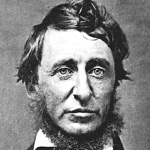
“Talk about slavery! It exists wherever men are bought and sold, wherever a man allows himself to be made a mere thing or tool, and surrenders his inalienable right of reason and conscience.”
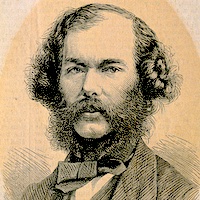
“No deeply-rooted tendency was ever extirpated by adverse argument. Not having originally been founded on argument, it cannot be destroyed by logic.”
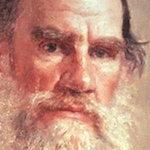
“We have only one instrument wherewith to know ourselves and our relation to the universe—we have no other—and that instrument is reason.”
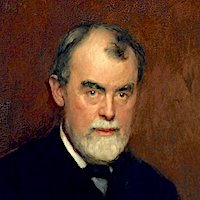
“Extremes are alone logical, but they are always absurd... Reason betrays men into the drawing of hard and fast lines... there is hardly an error into which men may not easily be led if they base their conduct upon reason only... reason uncorrected by instinct is as bad as instinct uncorrected by reason.”
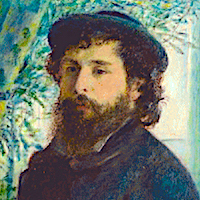
“It's on the strength of observation and reflection that one finds a way. So we must dig and delve unceasingly.”
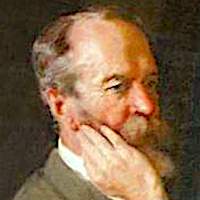
“A great many people think they are thinking when they are merely rearranging their prejudices.”

“A great many people think they are thinking when they are only rearranging their prejudices.”
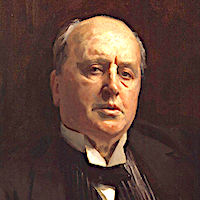
“If you take it at any one spot and moment, reason is one of the most feeble of Nature's forces. It is only in the long run that its effects become perceptible.”
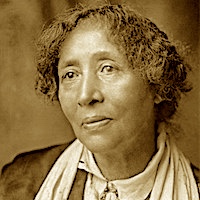
“Anarchists know that a long period of education must precede any great fundamental change in society, hence they do not believe in vote begging, nor political campaigns, but rather in the development of self-thinking individuals.”
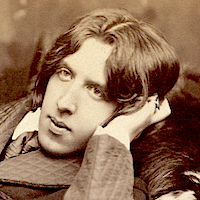
“One is tempted to define man as a rational animal who always loses his temper when he is called upon to act in accordance with the dictates of reason.”
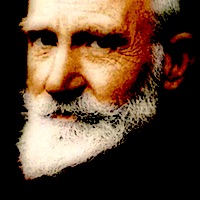
“The man who listens to Reason is lost: Reason enslaves all whose minds are not strong enough to master her.”
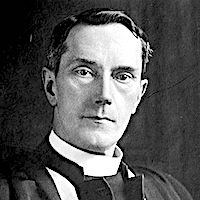
“Miracle is the bastard child of faith and reason, which neither parent can afford to own.”
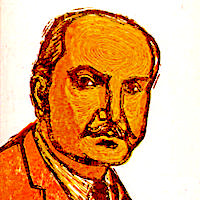
“The Life of Reason is an ideal to which everything in the world should be subordinated; it establishes lines of moral cleavage everywhere and makes right eternally different from wrong.”
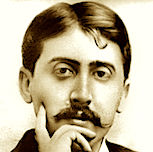
“Reason opens our eyes; an error that we have dispelled gives us an additional sense.”

“Thought is subversive and revolutionary, destructive and terrible, thought is merciless to privilege, established institutions and comfortable habit. Thought looks into the pit of hell and is not afraid. Thought is great and swift and free, the light of the world, and the chief glory of man.”
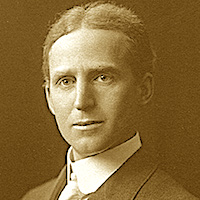
“The supreme challenge to intelligence is that of making the noblest and best in our curious heritage prevail.”
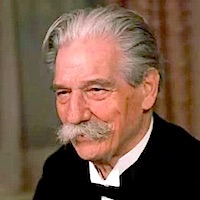
“Awakening of Western thought will not be complete until that thought steps outside itself and comes to an understanding with the search for a world-view as this manifests itself in the thought of mankind as a whole.”

“We dare to appeal to the whole man, to his capacity to think and feel, exhorting him to know himself and to be true to himself. We reaffirm our trust in the profound qualities of his nature. And our living. experiences are proving us right.”

“You’ve never lived what you are thinking, and that isn’t good. Only the ideas we actually live are of any value.”
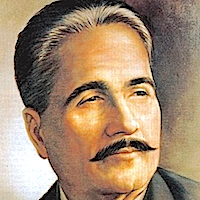
“The spirit of philosophy is one of free inquiry. It suspects all authority. Its function is to trace the uncritical assumptions of human thought to their hiding places, and in this pursuit it may finally end in denial or a frank admission of the incapacity of pure reason to reach the ultimate reality.”
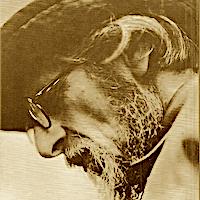
“It is the natural instinct of a child to work from within outwards; 'First I think, and then I draw my think.' What wasted efforts we make to teach the child to stop thinking, and only to observe!”

“The further the spiritual evolution of mankind advances, the more certain the path does not lie through the fear of life and death and blind faith but through striving after rational knowledge.”
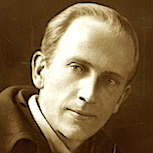
“The third-rate mind is only happy when it is thinking with the majority. The second-rate mind is only happy when it is thinking with the minority. The first-rate mind is only happy when it is thinking.”
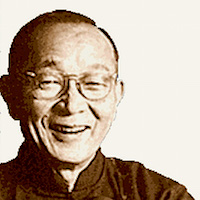
“Truth we shall never know; it is only clarity we are striving for... even more important than knowing the truths is the general unsettling of our complacent beliefs and gilt-edged assumptions... No one begins to think until he has some of that brute complacency thoroughly thrashed out of him with the rawhide of wiser minds.”
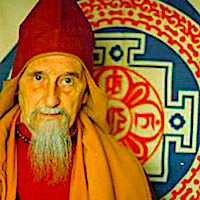
“While logic can deal only with fixed immutable concepts which have been isolated by our intellect from their background and their relationships, symbols have the living quality of establishing spontaneous connections with objects of diverse character but similar tendency.”
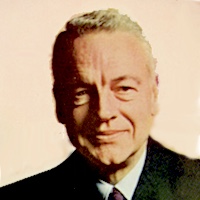
“The reiteration of slogans, the distortion of the news, the great storm of propaganda that beats upon us 24 hours a day mean either that democracy must fall a prey to the loudest and most persistent propagandists or that the people must save themselves by strengthening their minds so that they can appraise the issues for themselves.”

“Absence of thought is indeed a powerful factor in human affairs—statistically speaking, the most powerful.”

“Could the activity of thinking as such be among the conditions that make men abstain from evil-doing or even actually 'condition' them against it.”
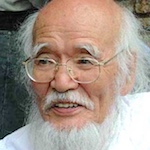
“The accumulation of discriminating knowledge only deepens confusion... Consciously or unconsciously, man cannot comprehend nature... although we may try explaining nature, all we can do is to explain that nature is something that cannot be expounded upon.”
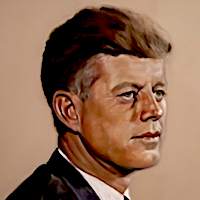
“Only the strength and progress and peaceful change that come from independent judgment and individual ideas—and even from the unorthodox and the eccentric—can enable us to surpass that foreign ideology that fears free thought more than it fears hydrogen bombs… We can compromise our political positions, but not ourselves.”
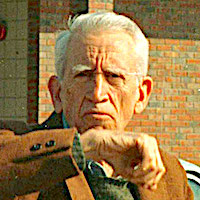
“You never even hear any hints dropped on a campus that wisdom is supposed to be the goal of knowledge... knowledge should lead to wisdom, and if it doesn't, it's just a disgusting waste of time!”
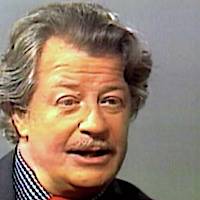
“The law may upset reason but reason may never upset the law, or our whole society will shred like an old tatami.”
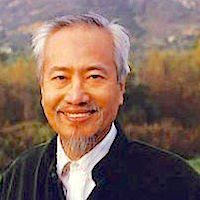
“Once a great conception, philosophy, or system of thought is turned into a religion, the original thought dies off.”

“wei wu wei – not a statement susceptible to logical interpretation, or even to syntactical translation into English; but it’s a concept that transforms thought radically, that changes minds.”

“it is the ability to make distinctions—and the smaller the distinctions made, the higher the intellect that makes them—by which we judge intellect.”
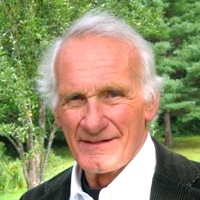
“A genius does not have a mind full of thoughts but is the thinker of thoughts, and is the center of a field of vision.”
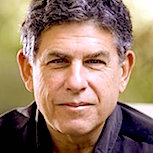
“There are paradoxes born of wit and paradoxes born of insight. No thought is true, but some thoughts are so much truer than the ones we're used to that they seem absurd”
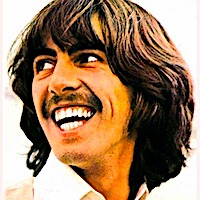
“You're telling all those lies about the good things that we can have if we only close our eyes… Do what you want to and go where you're going to; think for yourself, cause I won't be there with you”
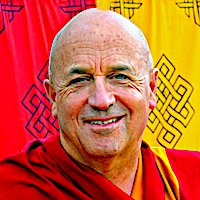
“We try to fix the outside so much, but our control of the outer world is limited, temporary, and often, illusory.”
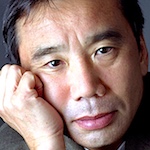
“What's really important is not the big things other people have thought up, but the small things you, yourself have.... Or maybe the smaller the notion, the harder it is to grasp?”

“The difference between stupid and intelligent people—and this is true whether or not they are well-educated—is that intelligent people can handle subtlety. They are not baffled by ambiguous or even contradictory situations—in fact, they expect them and are apt to become suspicious when things seem overly straightforward."”
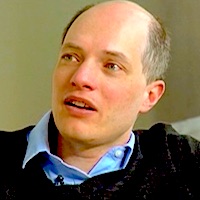
“We suffer, therefore we think, and we do so because thinking helps us to place pain in context, it helps us to understand its origins, plot its dimensions and reconcile ourselves to its presence.”
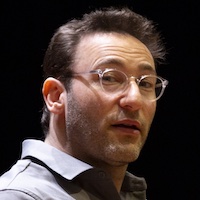
“This dance between gut and rational decision-making covers how we conduct business and even live our lives... it is what we can't see that makes long-term success more predictable”
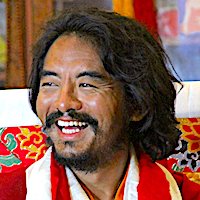
“When you don’t understand the nature and origin of your thoughts, your thoughts use you. When the Buddha recognized the nature of his mind, he reversed the process. He showed us how we use our thoughts instead of being used by them.”
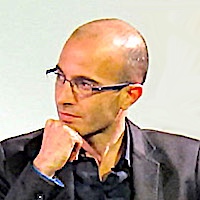
“Free association and holistic thought have given way to compartmentalization and bureaucracy.”
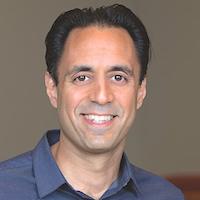
“Don't reward people for coming up with the right answer. Reward them for coming up with good arguments. Only good arguments can guide you to the right answer.”
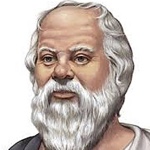
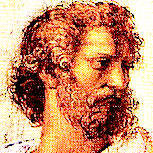
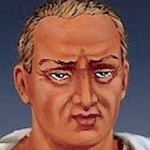
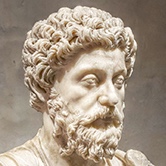
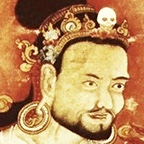
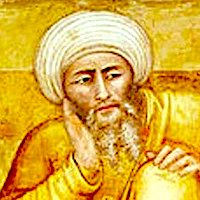
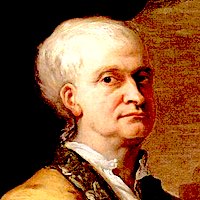
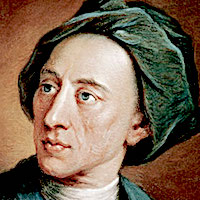
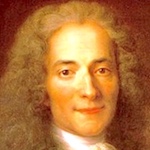
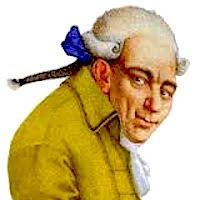
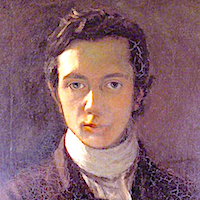
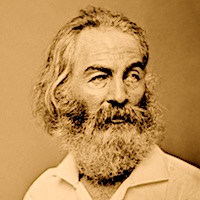
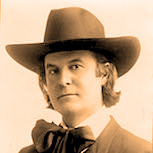


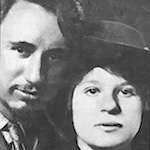

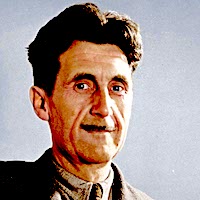
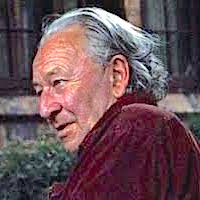


Comments (0)